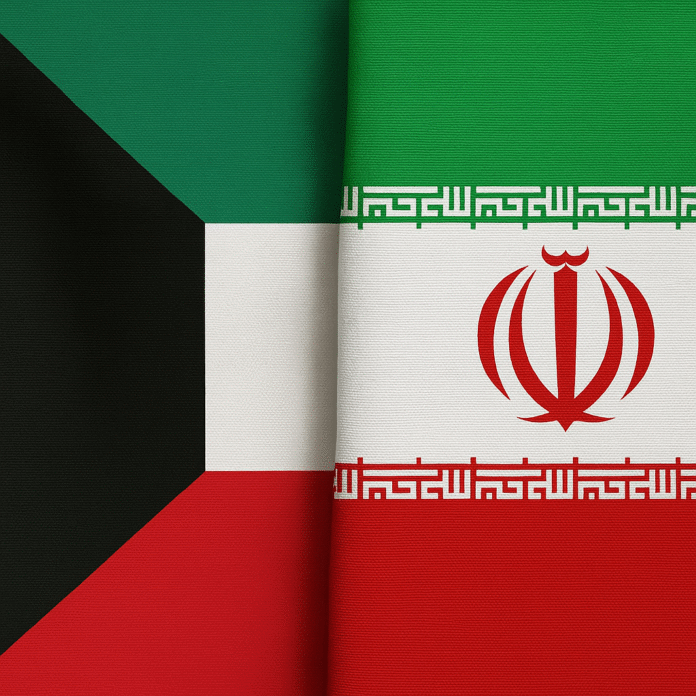Kuwait’s regional security challenge has escalated sharply due to rising tensions involving Iran and U.S. military interests. The United States is reducing embassy staff in Kuwait, Iraq, and Bahrain amid serious regional threats.
Officials confirmed the decision on Wednesday, citing growing instability and recent threats from Iran regarding American military sites. As a result, the U.S. government has authorized non-essential personnel in Kuwait to leave temporarily.
Simultaneously, military families in Bahrain have received permission for temporary departure. These precautionary steps reflect Washington’s deepening concern over Iranian influence and potential military escalation.
Meanwhile, reports from UK Maritime Trade warn of an impending conflict near the Strait of Hormuz and the Gulf of Oman. These waterways are vital to global oil shipments and are extremely sensitive to rising geopolitical tensions.
Although the U.S. maintains strong military ties across the Gulf, Kuwait holds a unique position. Kuwait borders both Iraq and Iran and hosts American troops and military infrastructure.
Kuwait’s regional security challenge becomes more complex with Iran’s advancing nuclear ambitions. Iranian officials continue to signal their readiness to retaliate if provoked militarily. That includes threats directed at American bases, including those inside Kuwait.
Despite these risks, U.S. forces remain stationed in key Gulf nations like Qatar, the UAE, and Iraq. Iraq currently hosts 2,500 U.S. troops, but internal issues complicate operations. Several Iraqi security units are aligned with Tehran-backed militias, making coordination harder.
Kuwait, historically a U.S. ally, is now under growing pressure to reassess its security protocols. As nuclear threats intensify, the nation must weigh its alliances carefully.
Furthermore, the power struggle between Tehran and Washington continues to affect every Gulf state. However, Kuwait’s regional security challenge now stands out due to its geographic and strategic vulnerability.
In conclusion, as American personnel exit and military alerts rise, Kuwait’s regional security challenge demands urgent attention from both local and global stakeholders.


